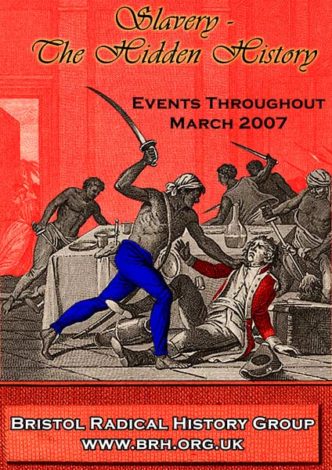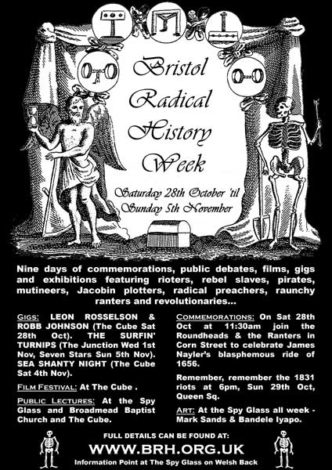Bristol Abolition Pub Night
At the end of the 18th century, slave ship sailors and abolitionists met in the Seven Stars pub to plot the end of the slave trade. Join us at this historic Bristol landmark for a night of plotting, moshing and moonstomping. Compere Mark Steeds will introduce us to the history of the Seven Stars before handing over to Bridgewater DJ Dave Chapple who will lead us towards ska enlightenment. DJ Chapple's lecture will be a musical odyssey from the end of slavery in Jamaica to independence; or as he […]



